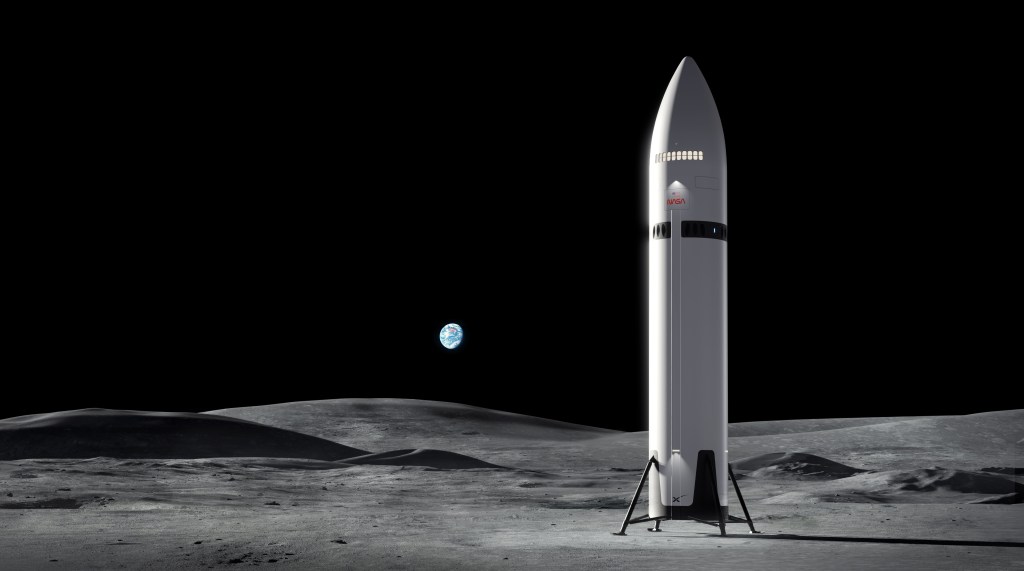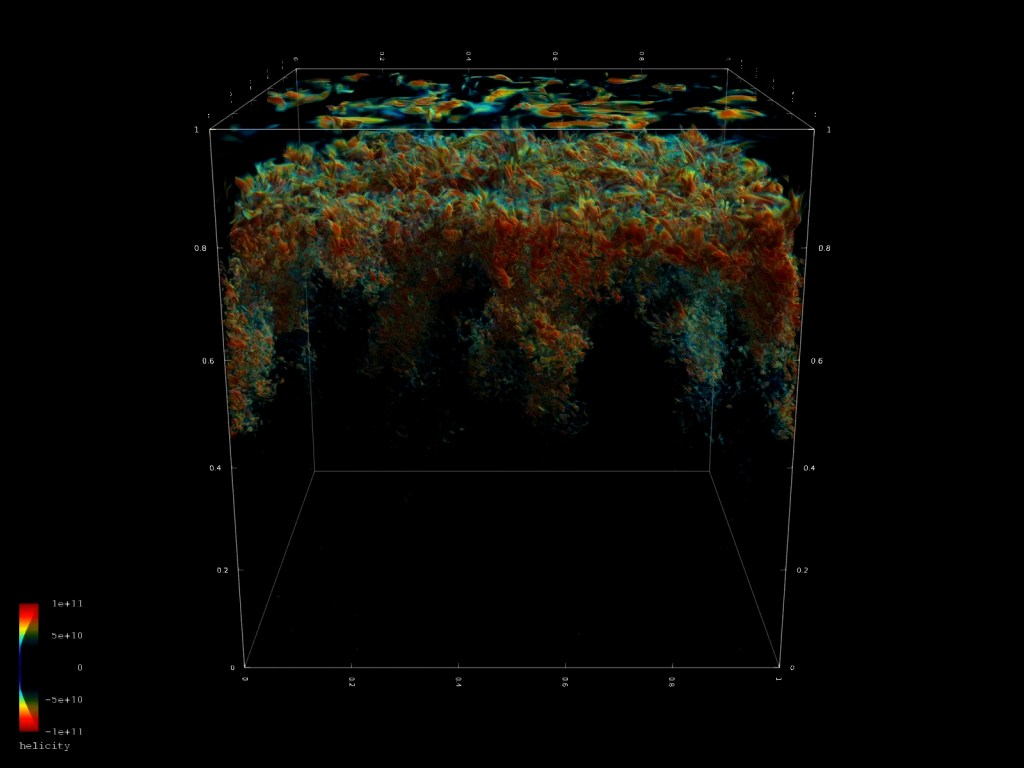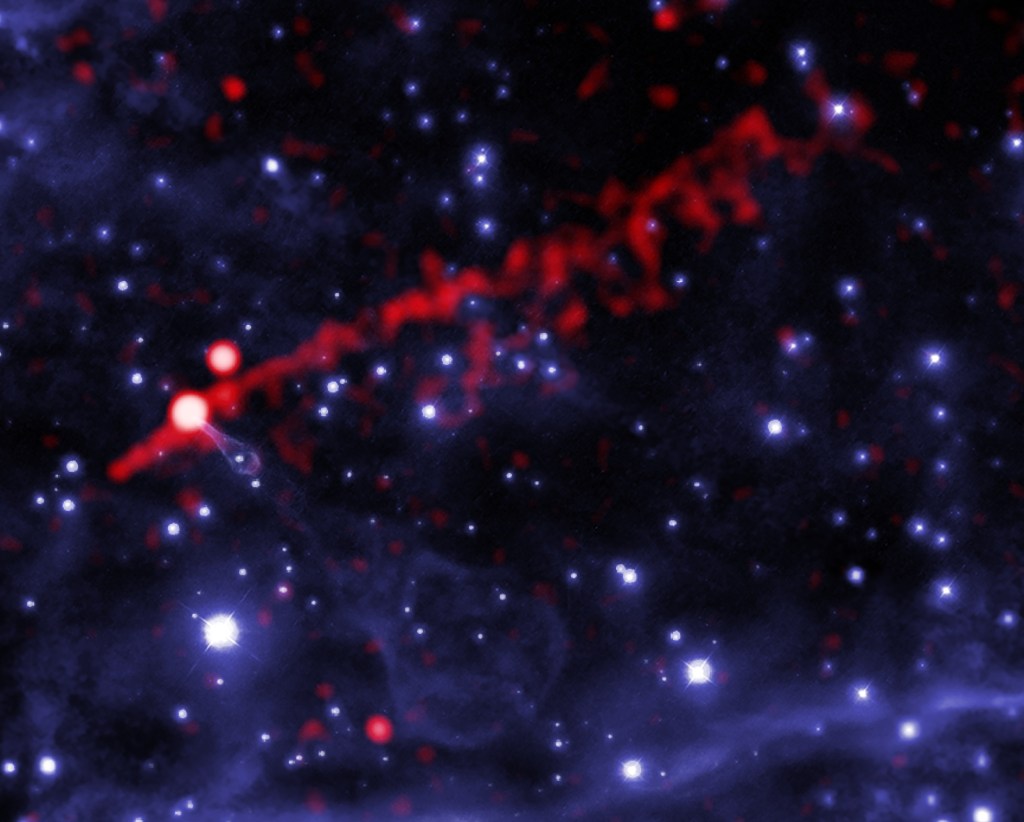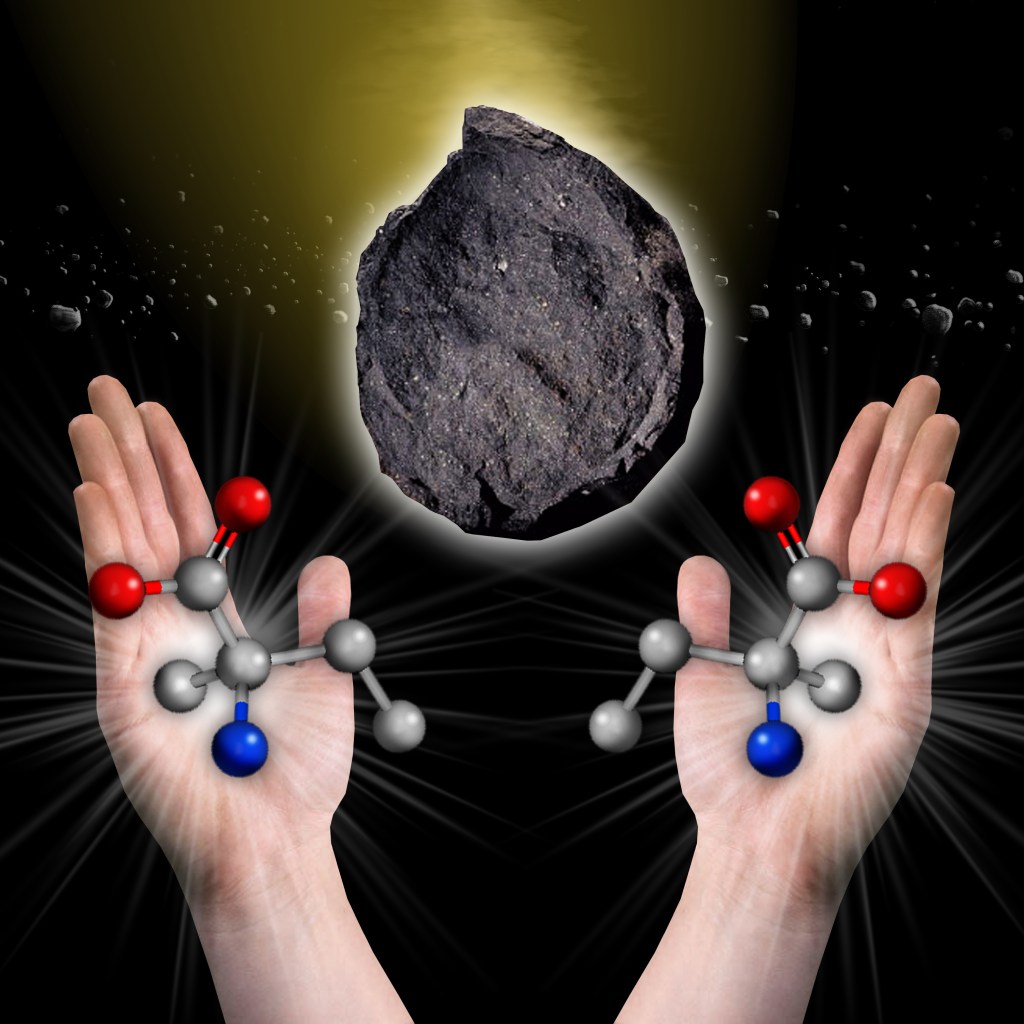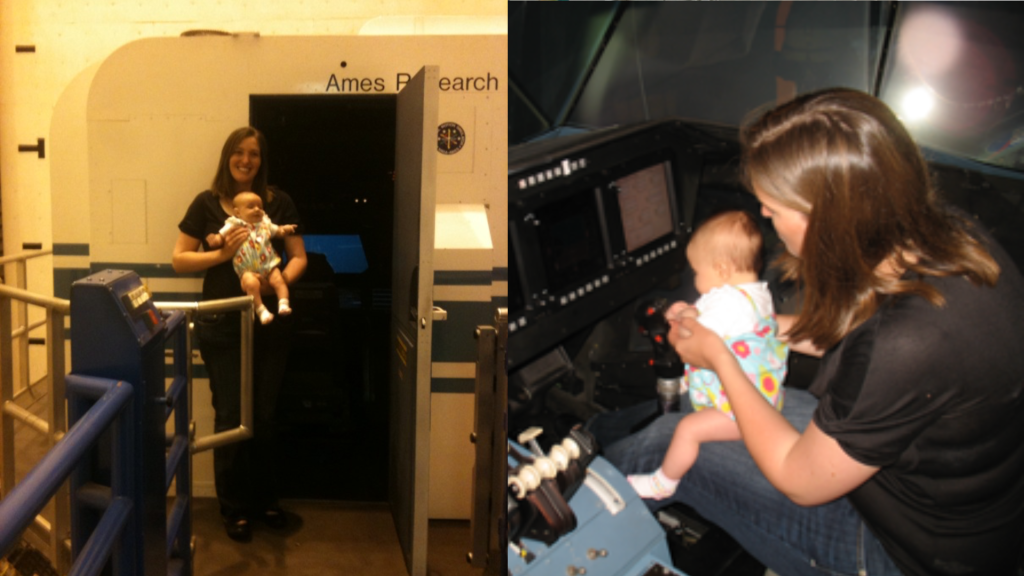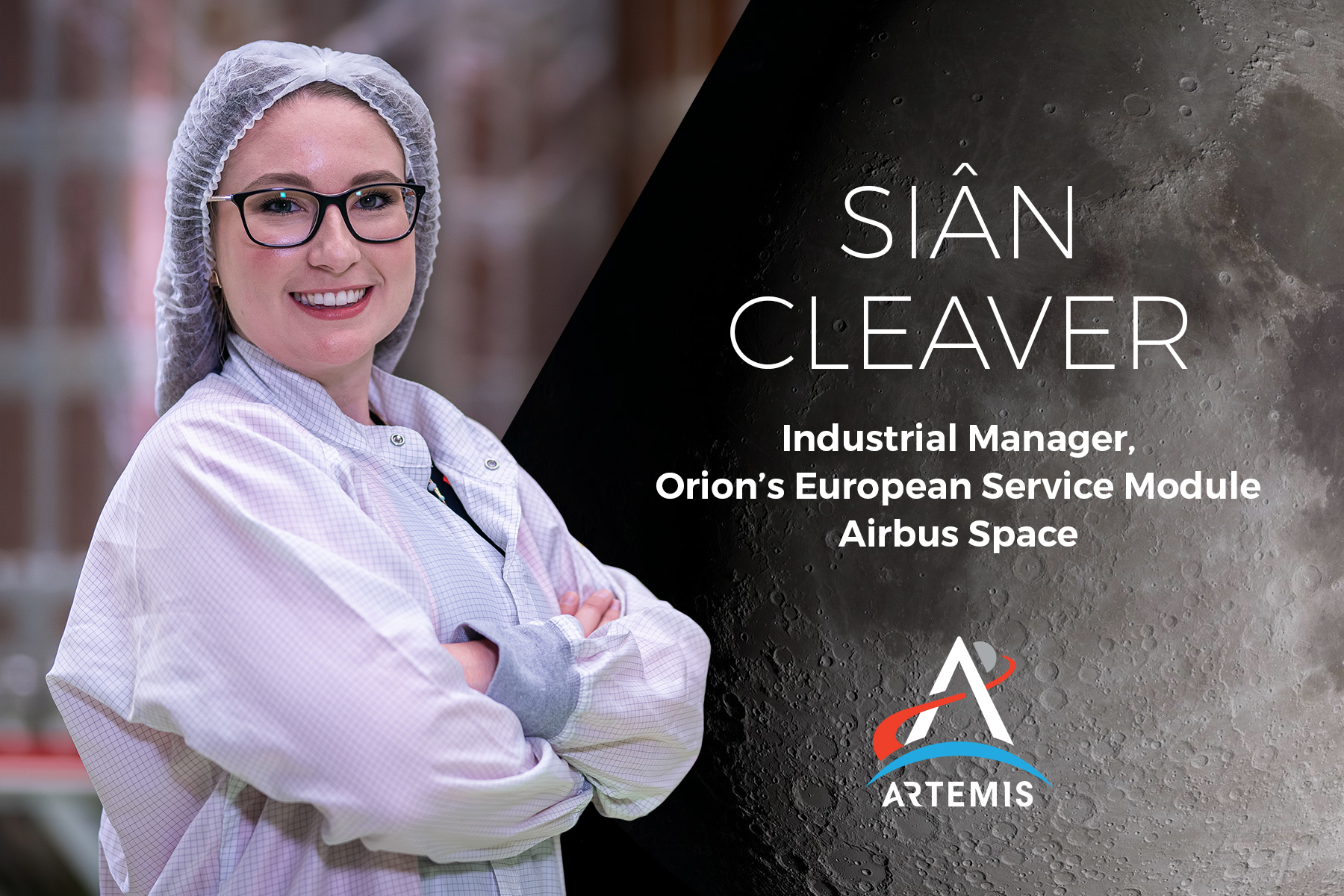Siân Cleaver’s dreams of working in the space industry were fostered at her all-girls school growing up. She’s felt lucky to have supportive people around her throughout her schooling and career.
“There was nothing abnormal for me about a physics class full of girls,” Cleaver said. “No one ever laughed when I said that my dream was to be an astronaut.”
With this encouragement, she pursued her goals and earned her master’s degree in physics and astronomy from Durham University in England, then started working at Airbus on the UK graduate scheme.
Currently, at Airbus in Bremen, Germany, Cleaver is the industrial manager for Orion’s European Service Module. Cleaver also formerly served as the scheduler for assembly, integration, and testing of the service module for Artemis II, which recently arrived at Kennedy Space Center in Cape Canaveral, Florida. The service module is the powerhouse of the spacecraft that will provide Orion’s power, propulsion, and life support systems on Artemis missions. Cleaver ensures the different pieces of equipment needed to build the service module arrive on time, so they can be integrated as planned.
“When I started working as an engineer, it was suddenly very obvious to me that perhaps not everyone had the same experience as me growing up,” she said, “and this was a contributing factor as to why there are so few women in engineering.”
The realization has made her passionate about inspiring girls in STEM. Cleaver continues to serve as a diversity advocate, and has even served as chair of the WISE Young Women’s Board.
“It is my personal mission to make all girls feel as if a STEM career is accessible to them and to do my bit to remove gender stereotyping from school subjects and careers,” Cleaver said. “I strongly believe that it is only once these barriers are removed that we will see more women in the STEM workforce.”
Learn more about the Orion spacecraft.
Image Credit: Airbus Space






